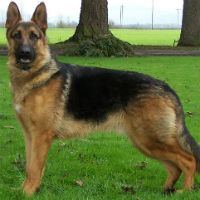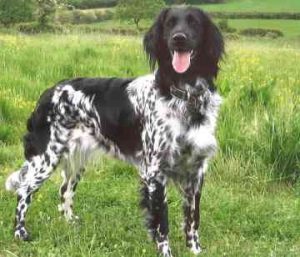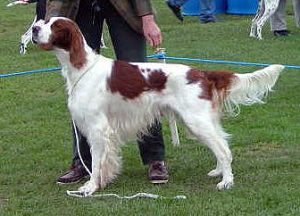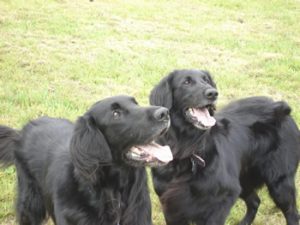German Shepherd
Find Your Perfect German Shepherd Rescue in BC

-
Breed Group : HERDING
-
Origin : GERMANY
-
Average Height : 22" - 26"
-
Average Weight : 75 - 100 lbs.
-
Life Span : 10 - 15 years
Photo Courtesy of : Westside German Shepherd Rescue Los Angeles
-
Size
1 2 3 4 5 6 7 8 9 10 -
Energy
1 2 3 4 5 6 7 8 9 10 -
Intelligence
1 2 3 4 5 6 7 8 9 10 -
Ease of Training
1 2 3 4 5 6 7 8 9 10 -
Hypo-Allergenic
1 2 3 4 5 6 7 8 9 10 -
Shedding
1 2 3 4 5 6 7 8 9 10 -
Good with Kids
1 2 3 4 5 6 7 8 9 10 -
Good with Other Pets
1 2 3 4 5 6 7 8 9 10 -
Guard Dog
1 2 3 4 5 6 7 8 9 10








